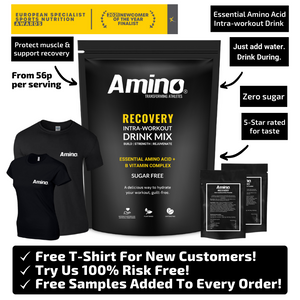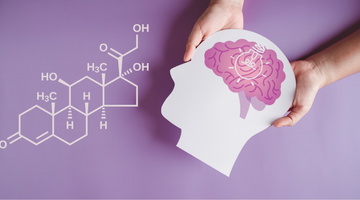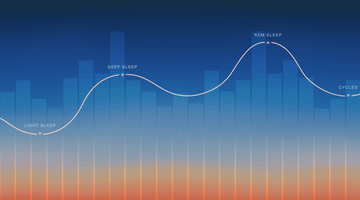There is a huge push to make the nation more healthy right now. Our sedentary lifestyles, combined with the impact of lockdown, mean that many of us are concerned about our wellbeing. It’s everywhere you turn, from advertising, TV and radio to discussions around what our friends, family and colleagues do in their spare time.
In spite of this focus, around 1 in 3 men (34%) and 1 in 2 women (42%) are not active enough to maintain good health. Typically, men are more likely to report being active at the recommended level than women, while physical activity varies with age and life stage. People tend to become less active with age, especially later on in life, according to research from the UK Government.
While an active lifestyle can contribute to good health, what does optimal health really look like and how can we achieve it?
These are good questions to ask and, as always, a chance to look at the practical ways you can achieve your own version of good health.
When it comes down to understanding our bodies and the way we work, we need a framework that will help us make informed decisions about our mindset, lifestyles and nutrition. While we all make choices that contradict our best intentions (we’re only human, after all!), a suitable framework will help us to stay on the right path.
But what does this framework look like and what are the key principles we should be focusing on?
Balance: The key to optimal health
One principle we stand by is balance. This concept is the underlying philosophy of the most successful systems in a wide range of areas.
Yin vs Yang. Good vs Evil. Positive vs Negative etc... Balance requires the interplay of chaos and order – two of the most consistent concepts in our consciousness.
Lack or excess are simple ways to describe these variables. Both have the ability to hurt us over time.
Too much or too little of anything isn’t good for our health.
Let's look at how balance can affect different areas of our lives alongside some practical examples.
Balanced mindset
When it comes to mindset, if you don’t think about or draw attention to what you're doing and why you’re doing it, you will go through your training program (and life!) failing to achieve the things you want. You won’t get where you’re going with a lack of attention or focus.
To counter this, if you over-analyse every detail and get stuck in the perfectionism trap you will never finish anything. You’ll end up stuck in a cycle of trying to make everything just that little bit better. This is just as deadly as a lack of attention. Perfectionism can be paralysing.
Balance is the key.
Balanced training and lifestyle
The same is true with your lifestyle and training. If you don’t go to the gym or get enough sleep, your performance and health suffer. But the opposite is also true. If you over-train you might get great results to begin with but you’re likely to break down and get more injuries over time.
Balance is the key.
Balanced nutrition
With nutrition, it's very clear what a lack or excess of any variable can lead to.
Nutrient deficiency will lead to illness and the breakdown of our body's tissues. This includes macronutrient deficiency, which leads to anorexia.
And at the opposite extreme, an excess of any micronutrient can lead to toxic levels building up in the body, while macro nutrition intake can make you obese.
Balance is the key.
How do I find balance?
To really feel the benefits of this article, spend some time looking at your 3 pillars of health and performance – your mindset, lifestyle, and nutrition – to see what elements you need to add in or take away to push yourself to the next level.






